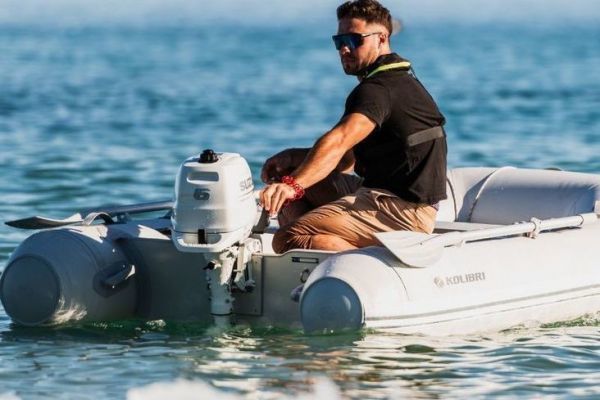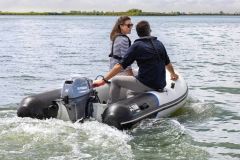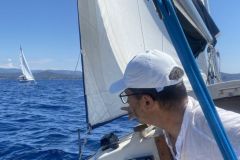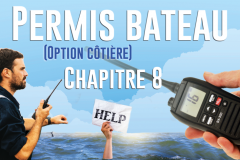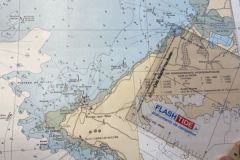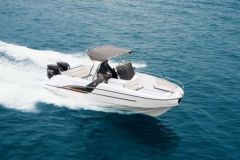Since its creation in 1962, the boating license has changed little. A few technical adjustments and the computerization of the exam, but the essence remains unchanged: a short training course focused on safety, sometimes disconnected from the realities of modern boating. Against a backdrop of changing usage ‚euros short-term rental, electric engines, semi-autonomous ‚euros, French regulations remain rigid.
A barrier to entry into the yachting business
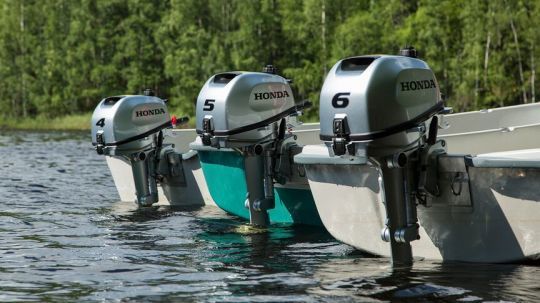
Today, in France, you need a license for boats with as little as 6 horsepower. This threshold, the lowest in Europe, could slow down the discovery of boating. In the majority of European countries, you have to wait until you have 15 horsepower, or even 40 in Italy, before you are subject to compulsory training. The result: elsewhere, people discover boating more easily, consume more quickly, and buy sooner.
Raising the threshold would not mean deregulation, but rather a more flexible entry point for modern boats, which are often safer and easier to handle.
Training to be rethought, not scrapped
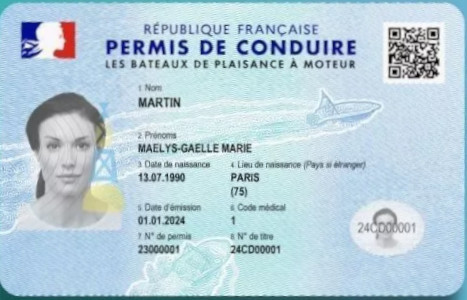
Reforming the driving test is not about making it lighter, it's about modernizing it. The idea is not to abolish the exam, but to introduce adapted modules: a "leisure initiation" course for engines up to 40 hp, focusing on safety and environmental awareness, a "connected boating" license integrating electronic aids and navigation on electric engines, and a digital gateway for new enthusiasts, via rental bases and clubs.
An industrial and economic challenge
Behind pedagogy, there is also a market issue. Raising the threshold or diversifying training courses would automatically boost sales of entry-level units, engines, safety equipment and fittings. This would give a boost to shipyards, engine manufacturers, distributors and the training schools themselves.
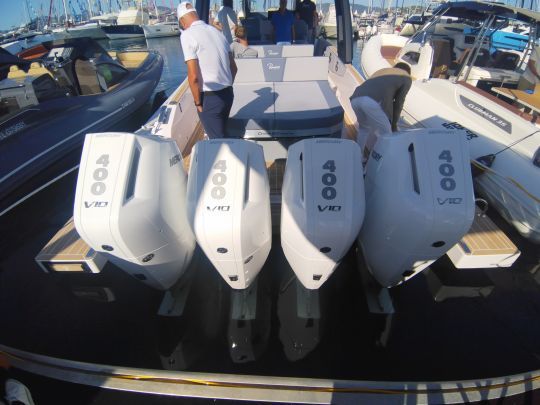
The boating license is not just a regulatory tool: it's a latent economic gas pedal. By facilitating access to pleasure boating, we support the entire chain, from builders to marinas.
A debate to be reopened
France boasts one of Europe's longest coastlines, but access to the sea remains overly institutionalized. Given the shortage of new sailors and the stagnation of the small craft market, the industry can no longer simply adjust its products: it must also act on the rules of the game. Without this, the industry risks continuing to seek out new customers... while forgetting to simplify their access to the sea.
What do you think, yachting professionals? Give us your opinion in comments on BoatIndustry.fr
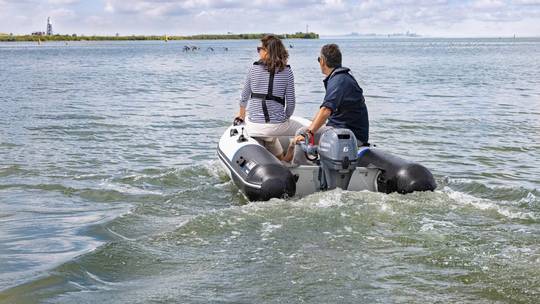

 /
/ 